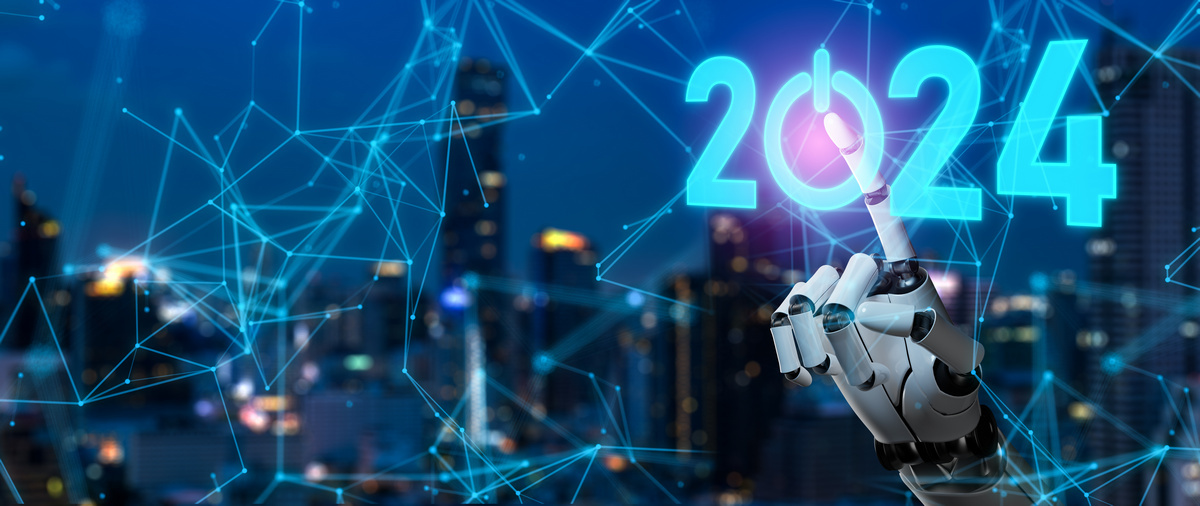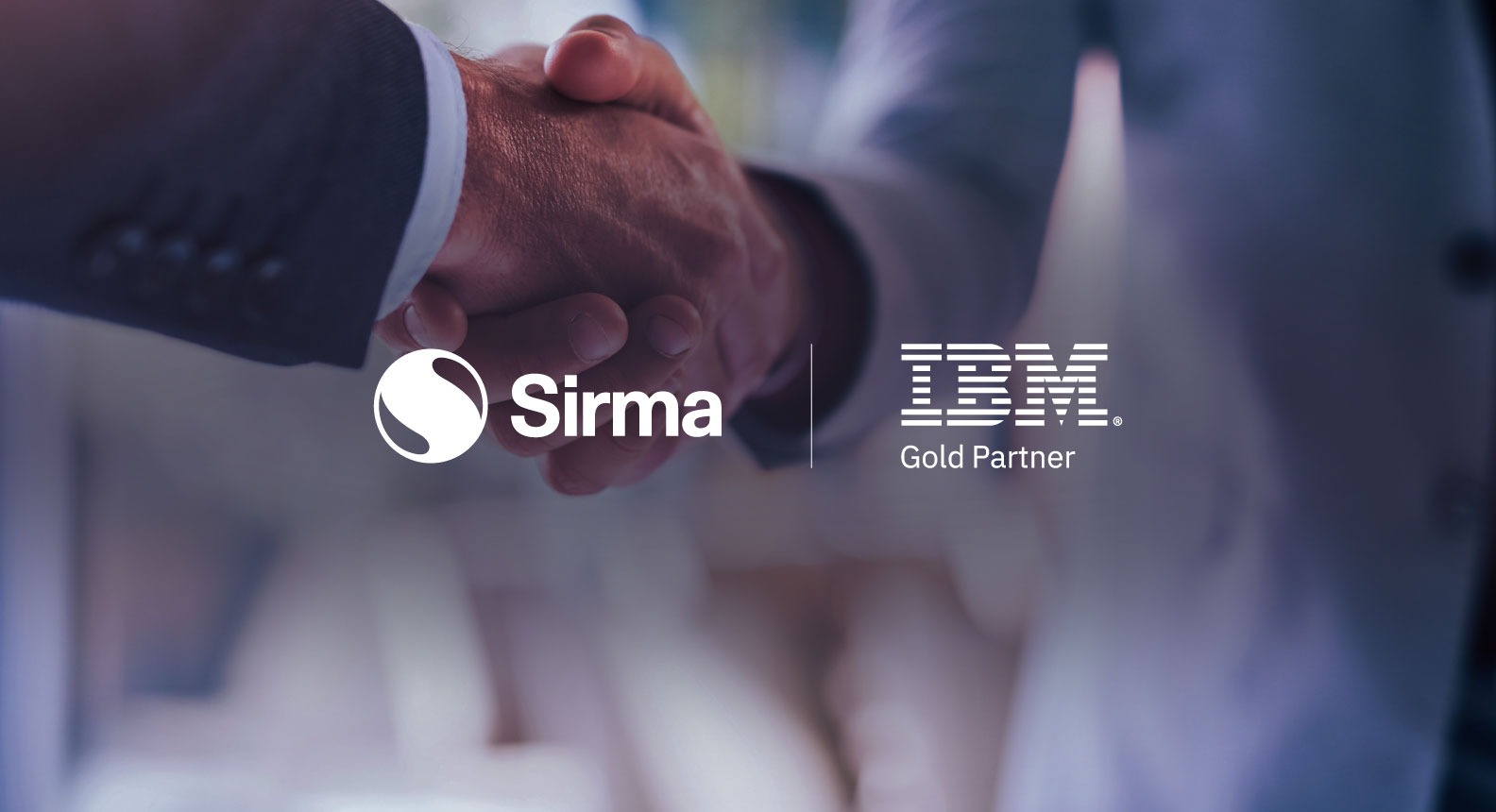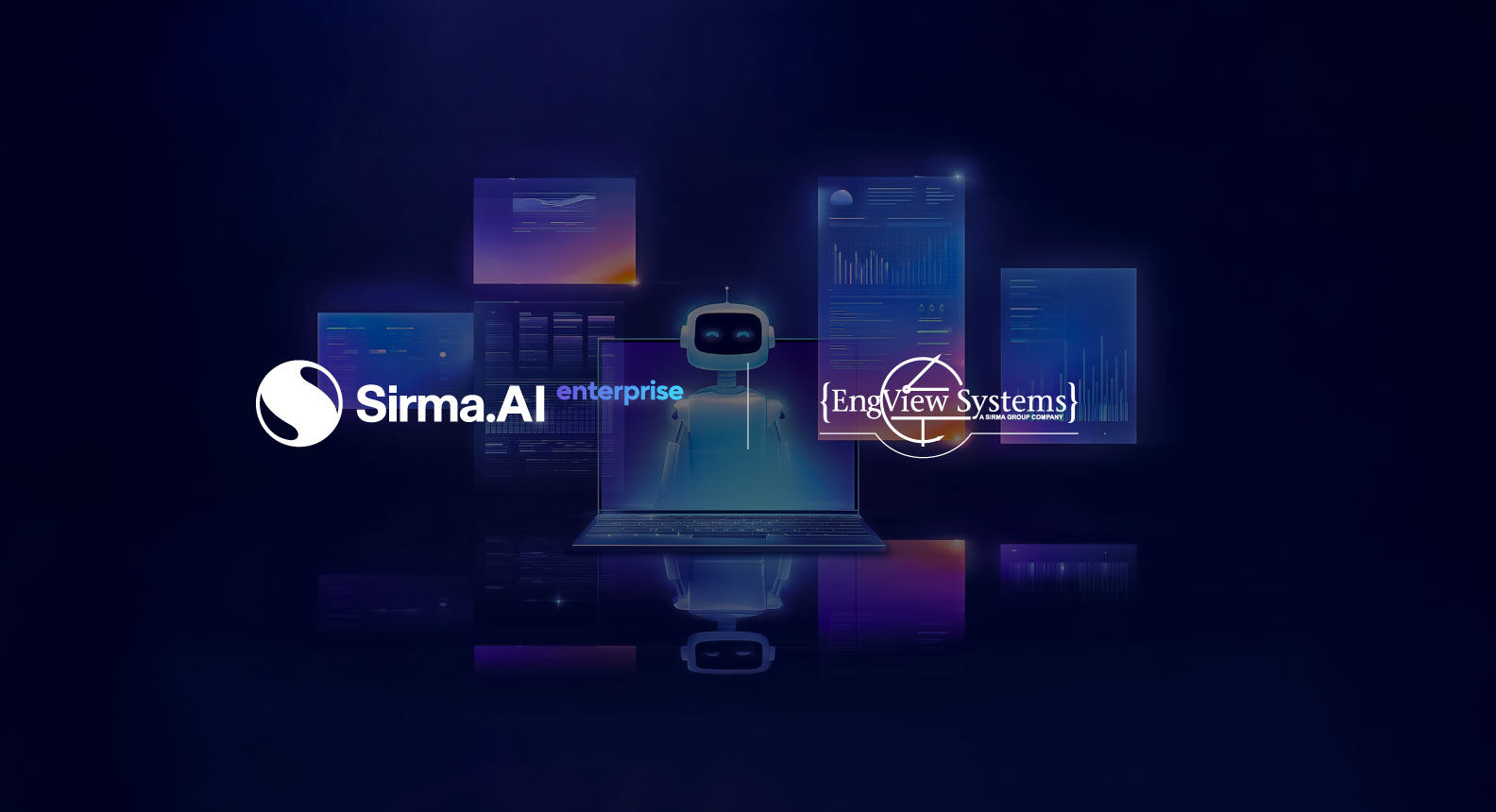The well-known statement that “software is king” is now obvious to everyone, whether they are in technology or not. Digitalization is now pervasive, and no area of our economy or society is untouched.
The following trends, many of which are already visible, will accelerate in the coming year. Tsvetan Alexiev, CEO of Sirma Group Holding, predicts: “While in 2023 we witnessed the massive penetration of artificial intelligence into our lives, this year it will become much more personalized in the context of individual organizations. The necessary infrastructure is already in place in other areas, such as banking services and healthcare. However, users have yet to feel digitalisation’s new effects on a wider scale”.
New European regulations will be adopted in areas such as artificial intelligence, payment services, etc. Healthcare will also undergo dynamic changes under the influence of new technologies that will transform a large number of important societal areas. Here are some of the most curious technology trends that the Sirma team believes we will see in the next twelve months.
From artificial intelligence for the general public to genuine new members of corporate teams
Large Language Models (LLMs) have become increasingly popular in recent years and are now used for a wide variety of tasks. However, they are generic sources of knowledge and lack the customization required to make them truly useful in a business context.
In the summer of 2023, OpenAI launched ChatGPT, which allows companies to build their own AI on top of it. This is an important step that will lead to the creation of artificial intelligence that is much more customized to work in the context of a specific organization. “This trend is expected to reveal the true potential of AI to help us in our daily work. In 2023, we also witnessed the first attempts to regulate artificial intelligence, which will continue in the coming months,” added Tsvetan Alexiev.
Mobile payments - from exotic to mainstream
Mobile payments have been around for a while, but they are expected to become even more popular in 2024. Today, it is common to see people paying for goods and services, from supermarkets to public transportation, by simply using their mobile phones. This trend is due to the convenience and ease of payment offered by mobile commerce and digital wallets. “In fact, payment systems are being integrated into digital platforms, also known as embedded finance, and Sirma is one of the pioneers in the digital wallet segment in the country, offering solutions in this area to banks and various financial organizations. Therefore, it is no longer a novelty to use mobile payments, and they are becoming increasingly mainstream,” said Momchill Zarev, CEO of Sirma Solutions.
PSD3 and instant payments
The European Payment Services Directive (PSD) 2 has already brought significant changes to the payments landscape. The European Commission is now preparing the next step in regulating the sector - PSD3, which is expected to be adopted this summer. PSD3 will build on the principles already established by PSD2, such as transparency, accountability and open banking. It will also better protect consumers and their personal data, introducing new strong authentication requirements and stricter rules on access to payment systems and account information. “We expect the use of solutions based on artificial intelligence and machine learning to increase in these areas, ensuring speed, security and ease of payment services. The combination of account-to-account payments with instant transfers will lay the foundation and focus on competitive development of payment services at merchants and implementation of alternative methods to card payments,” said Tsvetomir Doskov, CEO of Sirma Business Consulting.
More personalised healthcare
In the future, healthcare services will become more personalized with the help of chatbots and mobile apps powered by artificial intelligence. “These technologies will enable better diagnosis and personalized treatment protocols, reducing the workload of healthcare professionals. They will also pre-screen patients and provide them with initial information and guidance. In addition, patients will receive reminders for appointments and medication through personalized health information. Sirma’s Diabetes:M app is a great example of such technological advancement and is one of the most popular applications for people with diabetes worldwide,” said Rossen Varbanov, CEO of Sirma Medical Systems.
Blockchain enters the physical world
The blockchain community is already discussing a new growth cycle, whether justified or not. However, an interesting trend is emerging in the form of a convergence between blockchain and the Internet of Things (IoT). These two fast-growing segments are creating next-generation decentralized infrastructures known as DePINs (Decentralized Physical Networks). They are being used for various purposes, including shared road mapping, mobile connectivity, weather forecasting, and energy sharing. This new segment is expected to gain widespread adoption by 2024.
Even more cyber threats
Unfortunately, as technology continues to play a significant role in our lives, cyber threats are expected to increase. While these threats have primarily targeted our information in the past, the risks in the physical world around us are also growing, especially with the rise of the Internet of Things. Our smart homes, vacuum cleaners, cars, appliances, and other devices are all vulnerable to hacking. Geopolitical instability and state-sponsored cybercriminals will add to the complexity of this issue in the coming year.
Addressing this issue will require greater public awareness and education and working with experienced and trusted technology partners with security expertise. Sirma has been investing in the training and development of a cyber defence unit for years, and in 2023, it created a state-of-the-art SOC centre to protect, monitor, and prevent cyber attacks. This service benefits both the holding company and external customers, who can use the service as a SaaS.
Environment and responsible business in focus
One of the key concerns for companies today as they innovate is to improve business performance while increasing sustainability and reducing their environmental impact. Companies are now redefining their values and making ESG policies a critical part of their long-term strategy. This shift in priorities is expected to influence the adoption of new technology solutions in the near term, and this trend is likely to become more pronounced over the next twelve months.


